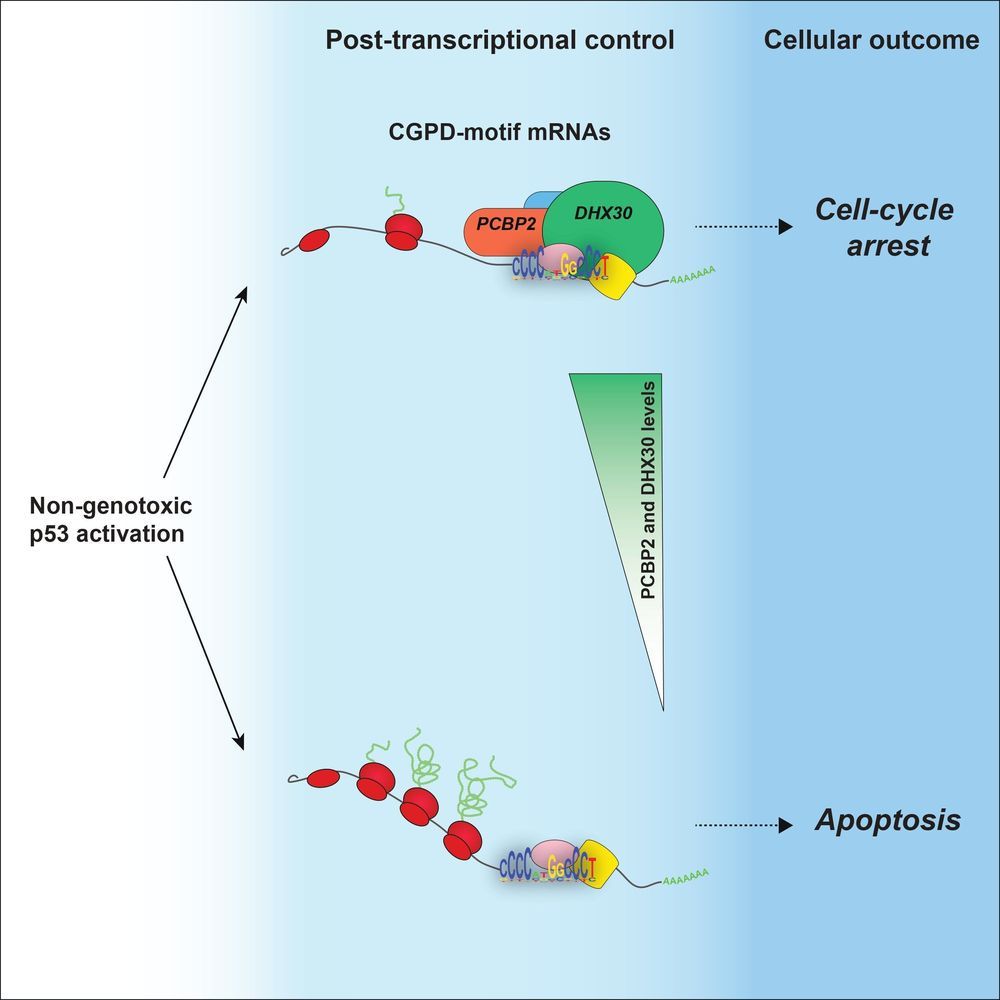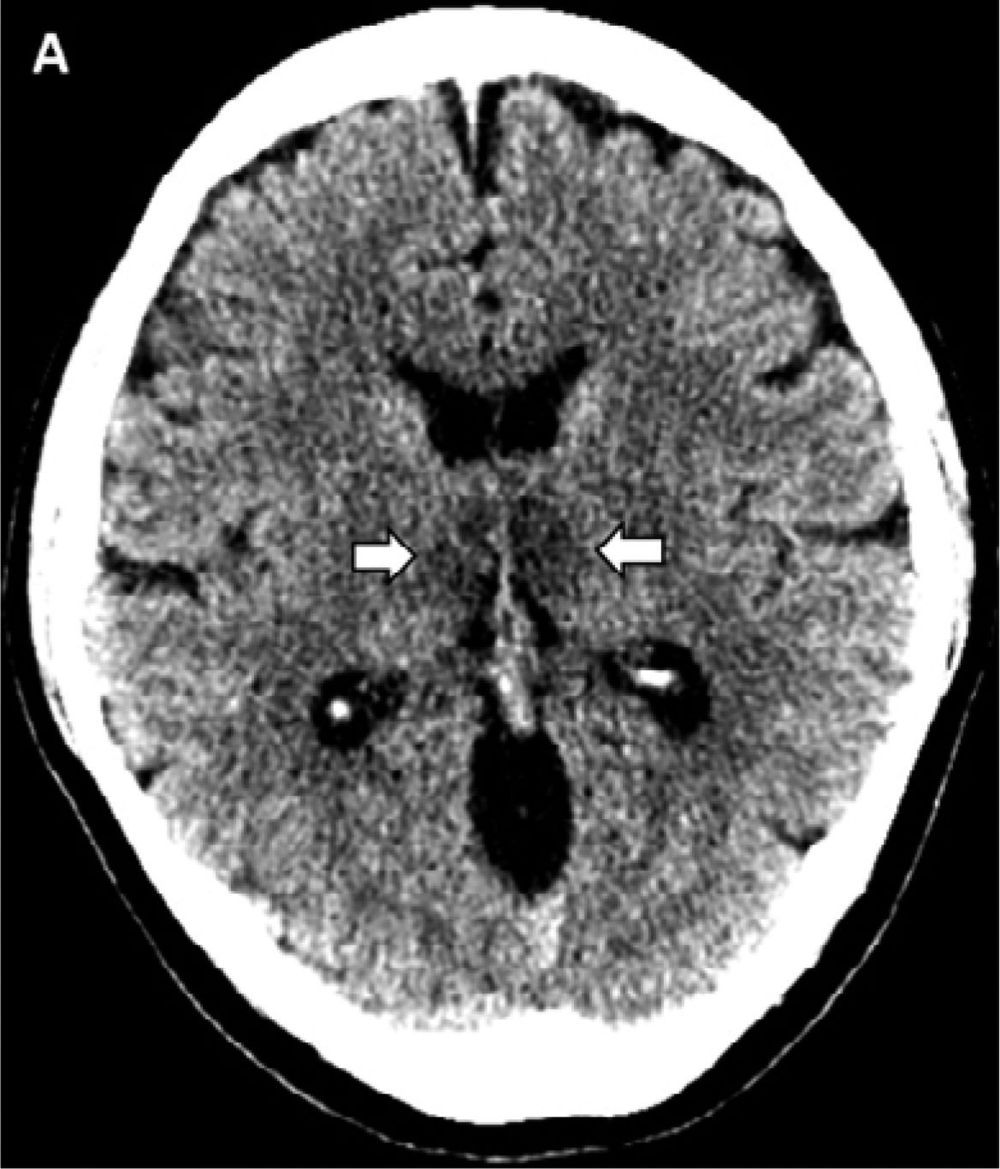Coronavirus is sending in the drones. In what’s being billed as a “world first,” startup Manna Aero has begun a drone delivery service in Moneygall, Ireland. Delivering medicine to vulnerable people locked in their homes, it provides yet another strong example of how technology is helping the world adjust to life in the shadow of the coronavirus.
Having received authorisation from the Irish Aviation Authority, Manna Aero’s service began last Friday as a pilot in Moneygall, which was previously best known as Barack Obama’s ancestral village. However, if the trial is successful, the service will be rolled out throughout Ireland, and could also be used to deliver food.
The drones will deliver prescription orders for medicine to around a dozen households. As Manna Zero’s founder Bobby Healy told the Irish Independent, the drones ensure “zero human-contact” and can execute deliveries “in ways normal delivery can’t.”









